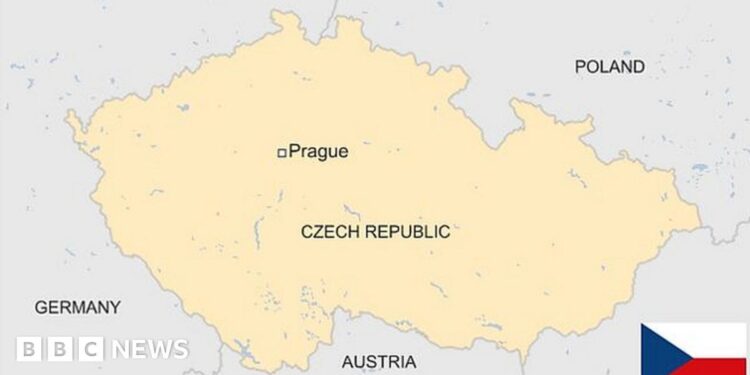The Czech Republic has recently unveiled an ambitious government programme aimed at addressing key economic, social, and environmental challenges. As the country navigates a complex post-pandemic recovery and rising geopolitical uncertainties, questions are emerging about the feasibility of the government’s plans. This article examines whether the outlined objectives are grounded in practical policy measures and sufficient resources, or if they risk falling short amid domestic and international pressures.
Evaluating the Feasibility of Key Policy Goals in the Czech Government Programme
The Czech government’s ambitious agenda sets out a roadmap filled with bold promises, but its execution faces substantial hurdles. Key policy goals such as boosting economic growth, enhancing public healthcare, and accelerating the green transition are critically reliant on stable financial resources and political consensus. The volatile European economic climate, coupled with internal political fragmentation, presents significant risks that may delay or dilute the intended outcomes. Moreover, the government’s plan to reform pension systems and increase social spending will require careful balancing to avoid fiscal strain while meeting growing public expectations.
Several core objectives stand out for their complexity and potential impact:
- Economic Resilience: Targeted investments in innovation and digital infrastructure aim to elevate the Czech Republic’s competitiveness, yet budget constraints threaten the scale of implementation.
- Environmental Commitments: Aligning with EU climate goals, ambitious carbon reduction targets are paired with plans for renewable energy expansion, though existing industrial dependencies pose a formidable challenge.
- Social Welfare Expansion: Enhanced support for families and education promises societal benefits, but demographic trends may complicate sustaining these programs long-term.
| Policy Area | Target Year | Key Challenge | Realism Rating* |
|---|---|---|---|
| Economic Growth | 2026 | Funding & EU support | Moderate |
| Green Transition | 2030 | Industrial resistance | Challenging |
| Healthcare Reform | 2025 | Workforce shortages | Achievable |
| Social Welfare | 2027 | Demographic pressures | Moderate |
| Challenge | Impact | Projected Timeline |
|---|---|---|
| Bureaucratic Inefficiency | Delays in policy roll-out | Medium-term (2-3 years) |
| Political Fragmentation | Legislative gridlock | Short-term (1-2 years) |
| Energy Market Fluctuations | Budgetary strain | Immediate to mid-term |
| Demographic Aging | Higher social spending | Long-term (5+ years) |
| Public Resistance | Compromised reform scope | Ongoing |
Expert Recommendations for Strengthening Implementation and Public Trust
To ensure the effective rollout of the government programme, experts emphasize the necessity of transparent communication and consistent stakeholder engagement. Building public trust hinges on openly sharing progress updates and confronting setbacks candidly. Instituting independent oversight bodies is recommended to monitor project milestones and budget allocations, thereby reducing skepticism regarding political motivations or mismanagement. Additionally, fostering collaboration between civil society, academia, and policymakers can enhance accountability and bring diverse perspectives into the decision-making process.
Key strategic priorities suggested by analysts include:
- Implementing data-driven performance metrics to objectively measure outcomes
- Prioritizing capacity-building within administrative institutions to improve execution
- Enhancing digital platforms for citizen feedback to facilitate real-time input and dialogue
- Promoting media literacy campaigns to combat misinformation and increase program understanding
| Recommendation | Expected Benefit | Timeframe |
|---|---|---|
| Independent Oversight | Greater transparency and trust | Short-term (6-12 months) |
| Data-Driven Performance | Objective progress tracking | Medium-term (1-2 years) |
| Digital Citizen Platforms | Improved public participation | Ongoing |
Wrapping Up
As the Czech government pushes forward with its ambitious programme, questions remain about the feasibility of its goals amid economic and political challenges. While the plans outline a clear vision for the country’s future, implementation will require careful balancing of resources, public support, and external factors. Observers and citizens alike will be watching closely to see if Prague can translate its blueprint into tangible progress or if adjustments will be necessary to navigate the complex realities ahead.
















